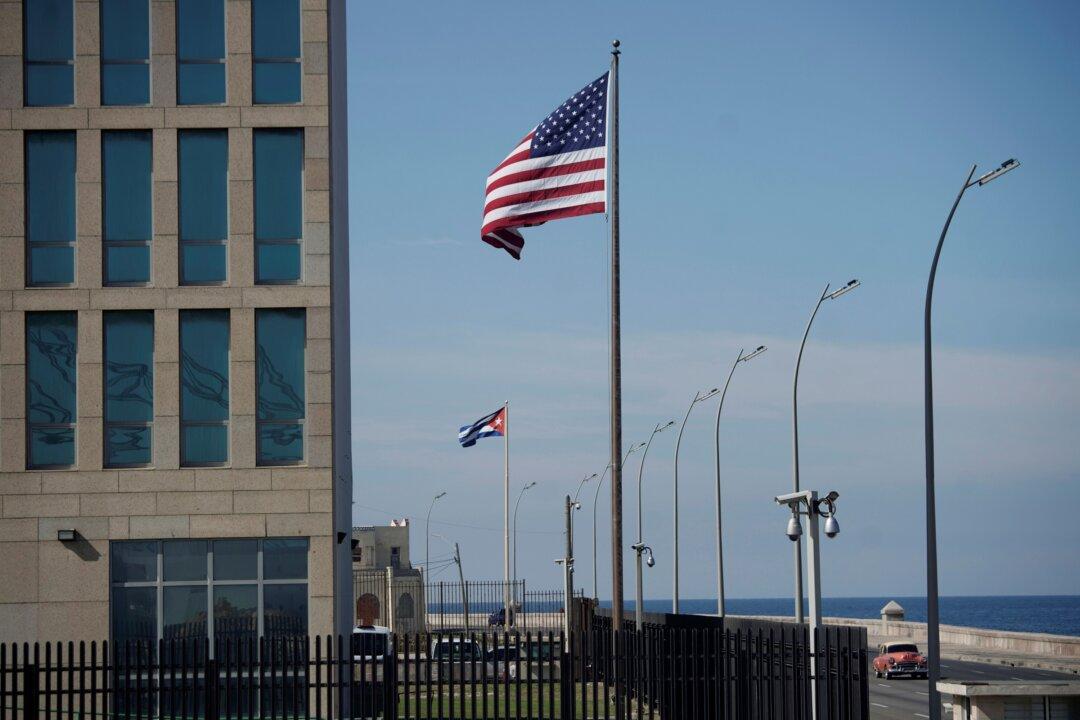The Biden administration announced regulatory changes on May 28 that would allow Cuban private sector entrepreneurs to open bank accounts in the United States and remotely use them while in Cuba.
The U.S. Treasury Department said that it has amended the Cuban Assets Control Regulations to promote internet freedom and boost private sector businesses in the communist-ruled nation.





